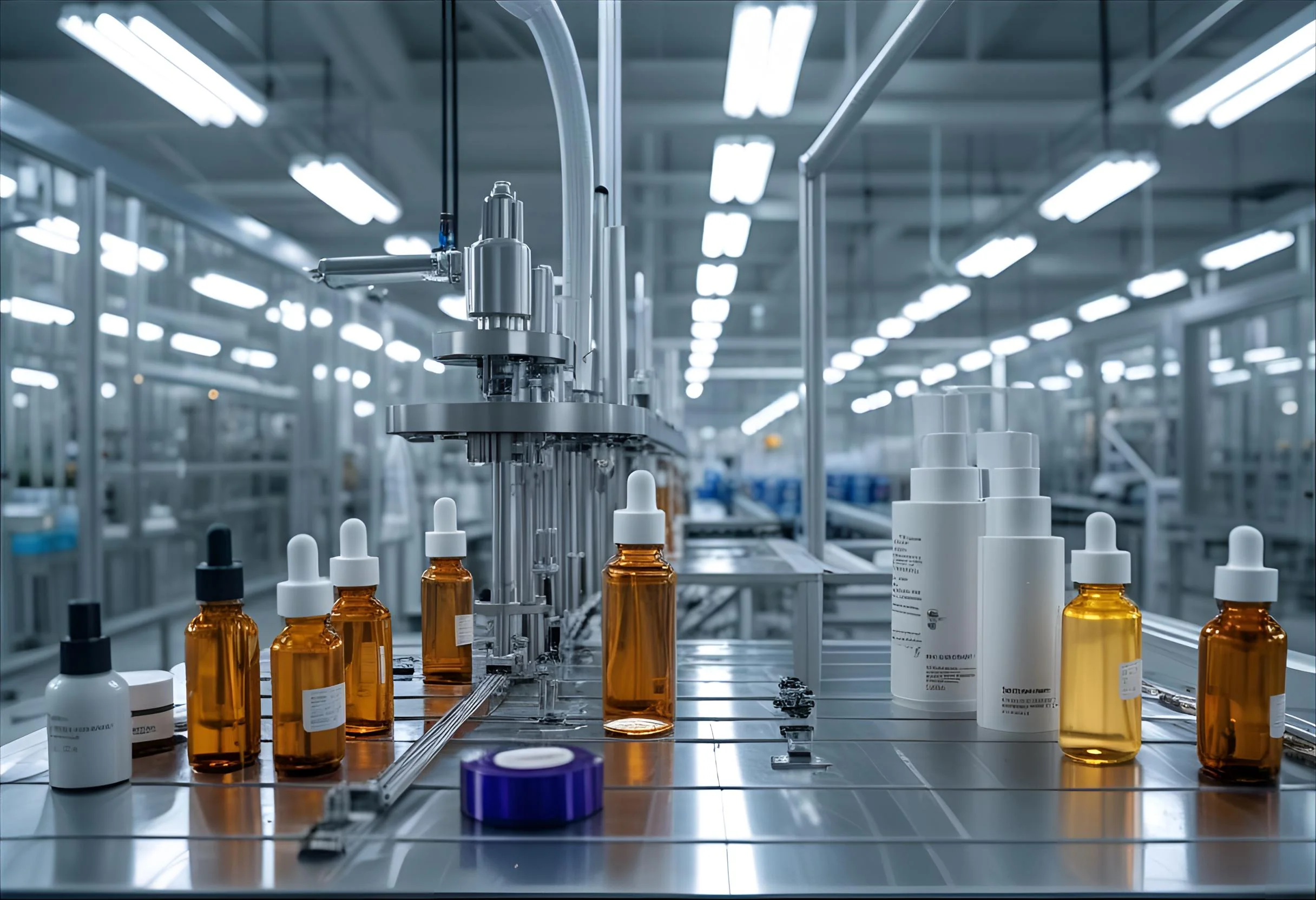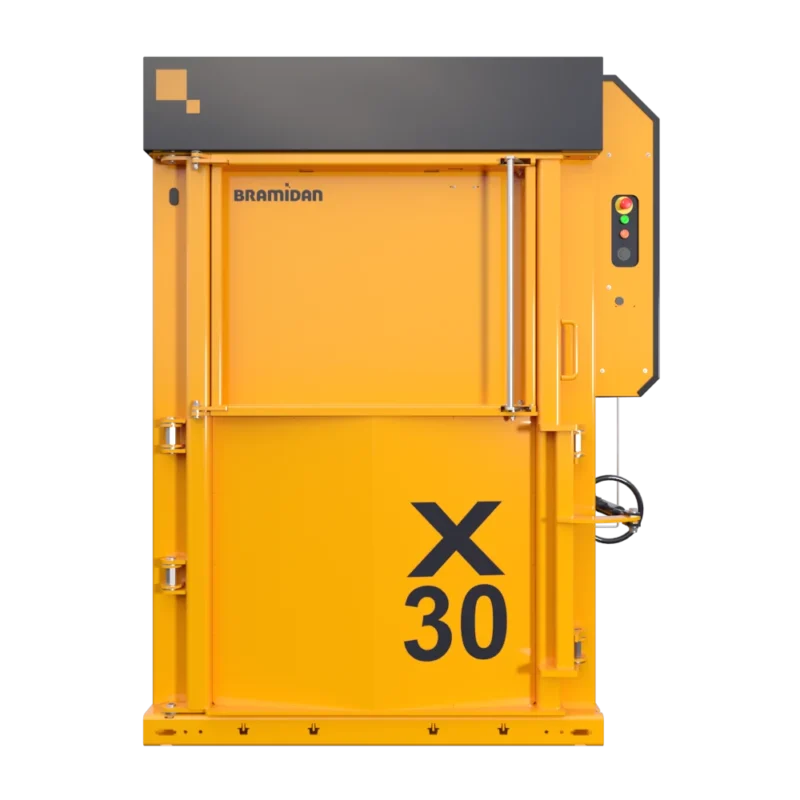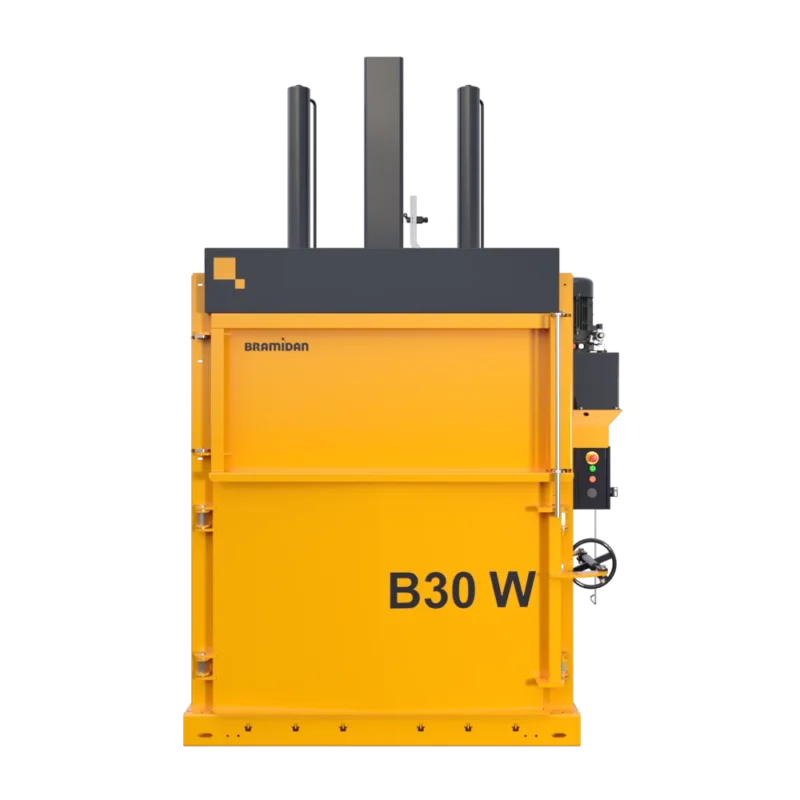In Today’s Beauty and Cosmetics Industry, ESG is More Than a Trend — It’s a Necessity.
Packaging materials such as cardboard, plastic film and rigid plastics are generated in large volumes during production — and how these materials are managed can have a profound impact on both the bottom line and the environment.
While many companies have adopted policies to support circular resource use, traditional waste disposal methods often fall short. They are space-intensive, labor-heavy, and increasingly expensive. This is where balers offer a smarter, more scalable solution.
The Waste Challenge in Beauty and Personal Care Manufacturing
Production facilities in the cosmetics industry routinely handle high volumes of secondary materials — including corrugated cardboard, plastic packaging, shrink wrap, and offcuts from primary production. Without compaction, these materials:
- Occupy significant on-site storage space
- Require frequent and costly waste collections
- Demand substantial manual handling by staff
In addition, high volumes of loosely stored recyclables can clutter production environments, hinder lean operations, and compromise workplace safety. As waste volumes grow, these issues scale up rapidly — especially in high-throughput facilities.
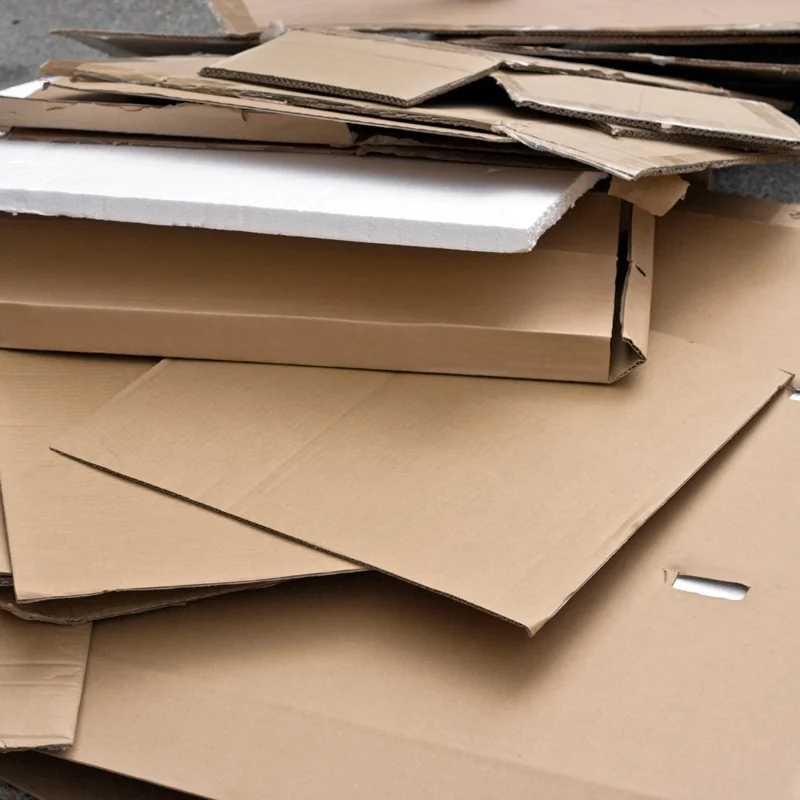
How Do Balers Improve Waste Handling in the Beauty Industry?
For the reasons stated above, balers are an ideal solution for the beauty industry. A baler can compress materials into high-density bales, ready for collection, making waste handling far more effective.
The ability to compact recyclable waste efficiently offers numerous benefits for production sites in the cosmetics sector. A horizontal or vertical baler compresses cardboard, plastic or other recyclable materials into bales that are then strapped and ready for collection by recycling companies.
When waste is sorted correctly, companies can transform it from an expense into a resource by preparing it for recycling rather than disposal.
Most importantly, production facilities using balers benefit from:
- The ability to install the baler directly at the source of the waste (e.g. next to production lines)
- Significantly more available space, previously occupied by unprocessed waste
- Reduced costs related to post-production waste and packaging handling
- Increased productivity — modern balers are highly automated, requiring minimal staff involvement in cardboard and plastic handling.
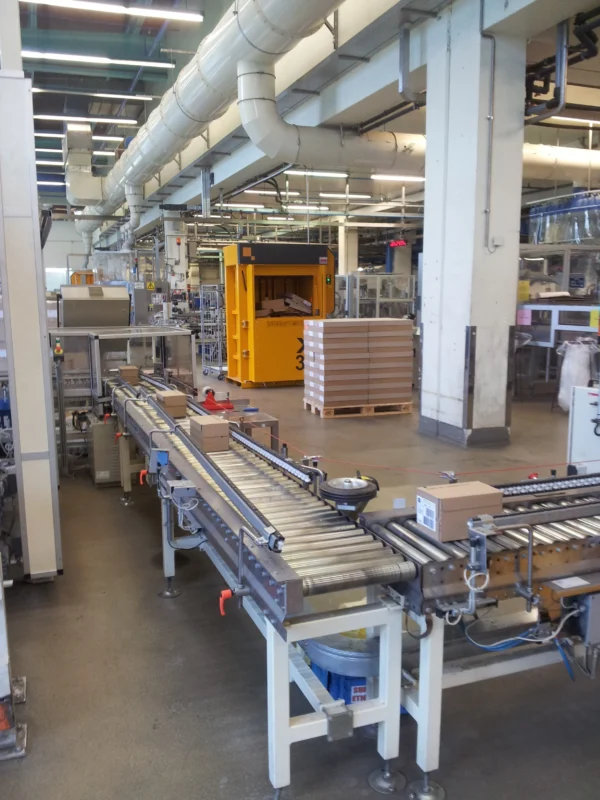
Which Baler is Best Suited for the Beauty Industry?
These machines vary in size, filling opening dimensions, and the weight of the bales produced. For production environments in the beauty industry, we particularly recommend the X30 vertical baler – a compact model with high press force – or the B30 Wide, which features an extra-wide filling opening designed to handle large volumes of packaging material.
X30 Baler
Bale weight:
Cardboard: 225–325 kg
Plastic film: 275–375 kg
Baler B6030
Bale weight:
Cardboard: 400-500 kg
Plastic film: 400-600 kg
Customer Feedback from the Beauty Industry
— M. Fontaine, Health and Safety Manager, Cosmeva
“Previously, lorries had to collect our waste two to three times a week, often nearly empty. Now, the same volume is removed once a week. This has not only cut our collection costs but also reduced the number of lorries on the road — a win for the environment.“
— Austin Simpson, HSE Manager
Questions? Contact Us Today




